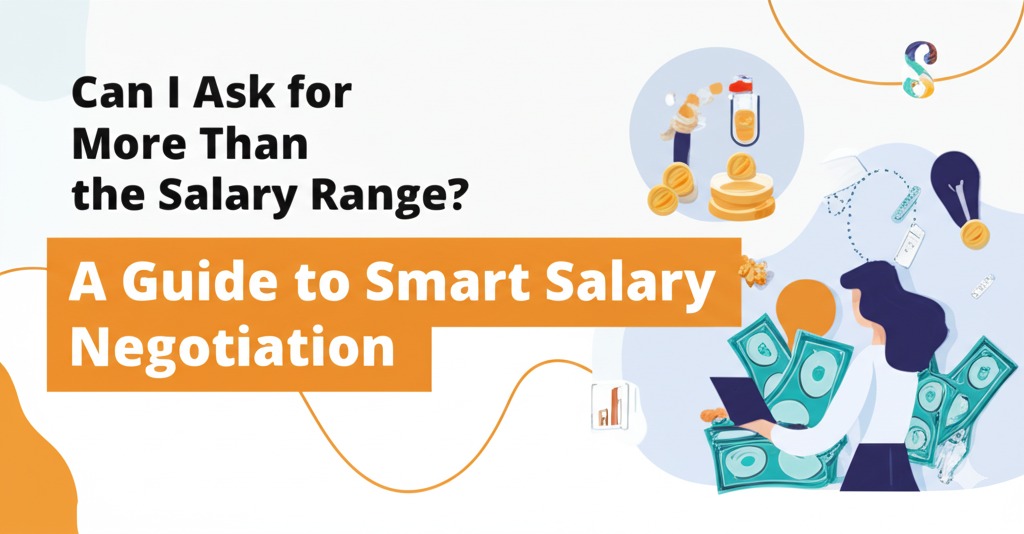
Salary negotiations can be a nerve-wracking part of the job search process. Whether you’re interviewing for a new position or preparing for an internal promotion, the question often arises: Can I ask for more than the stated salary range? The short answer is yes—but there are strategic ways to go about it. In this guide, we’ll explore when and how to make your case for higher pay, and how to navigate this conversation with confidence and professionalism.
Why Employers Provide a Salary Range
Understanding the rationale behind salary ranges helps you frame your negotiation effectively.
Budgeting and Internal Equity
Companies set salary ranges based on:
- Budget constraints
- Market standards
- Internal pay equity
These ranges help ensure consistency across roles and departments. However, that doesn’t mean they’re set in stone.
Flexibility for the Right Candidate
Employers often anticipate that exceptional candidates may request compensation at the higher end of the range—or even beyond it. If you bring in-demand skills, significant experience, or unique qualifications, you might have leverage to negotiate.
When Is It Appropriate to Ask for More?
Timing and context are key. Here are situations where asking above the range is reasonable:
1. You Exceed the Job Requirements
If your background goes beyond what’s outlined in the job description—with advanced skills, certifications, or leadership experience—you can justify asking for more.
2. High Cost of Living
In regions with a higher cost of living, it makes sense to seek a salary that reflects the local economic realities.
3. Competing Offers or Current Salary
If you have competing offers or your current compensation is higher than the top of the range, it’s worth discussing a higher number.
How to Ask for More Than the Salary Range
Confidence, preparation, and professionalism go a long way in negotiations.
Do Your Research
Before initiating the conversation:
- Use sites like Glassdoor, Payscale, or LinkedIn Salary to research industry standards.
- Consider your location, experience level, and specific skill set.
Communicate Your Value
Frame your ask around what you bring to the table:
“Based on my 8 years of project management experience and my proven success in delivering multi-million-dollar initiatives, I believe a salary of [$X] aligns with my qualifications and the value I can offer.”
Be Transparent and Respectful
Negotiation is a two-way conversation. Be honest about your expectations, but stay open to discussion. Use phrases like:
- “Is there flexibility in the stated range?”
- “Can we explore options that reflect my experience and market value?”
What If the Employer Says No?
Sometimes, even with a compelling case, the answer may still be “no.”
Explore Alternatives
If salary is capped, consider negotiating for:
- Signing bonuses
- Additional PTO
- Flexible work schedules
- Professional development budgets
Revisit the Conversation Later
You might agree to revisit compensation after a probationary period or upon achieving specific goals.
Mistakes to Avoid
Avoid common pitfalls that could derail your negotiation:
- Accepting the first offer too quickly without evaluating it
- Being overly aggressive or making ultimatums
- Failing to justify your request with data and examples
Final Thoughts
So, can you ask for more than the salary range? Absolutely—if you do it the right way. A well-researched, confident, and respectful approach can lead to better compensation and set the tone for your future relationship with the employer.
Remember, negotiation is not confrontation. It’s a professional conversation that shows you value your work and understand your worth.

Andre Cuevas provides career insights, job search strategies, and professional advice to help individuals navigate the job market and achieve their career goals.





